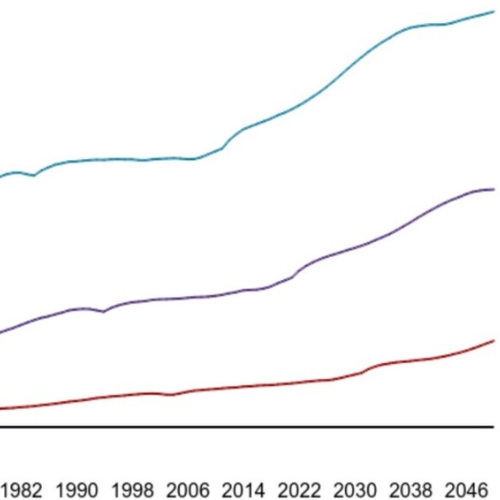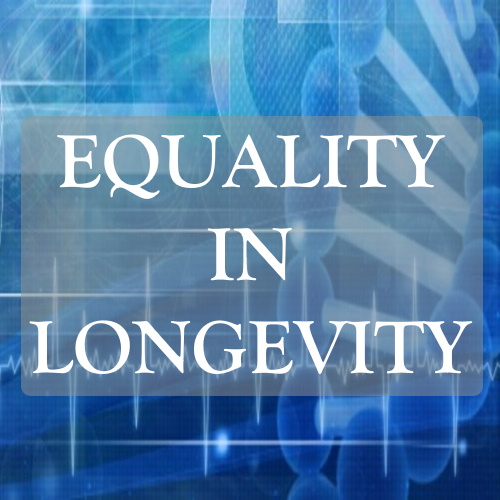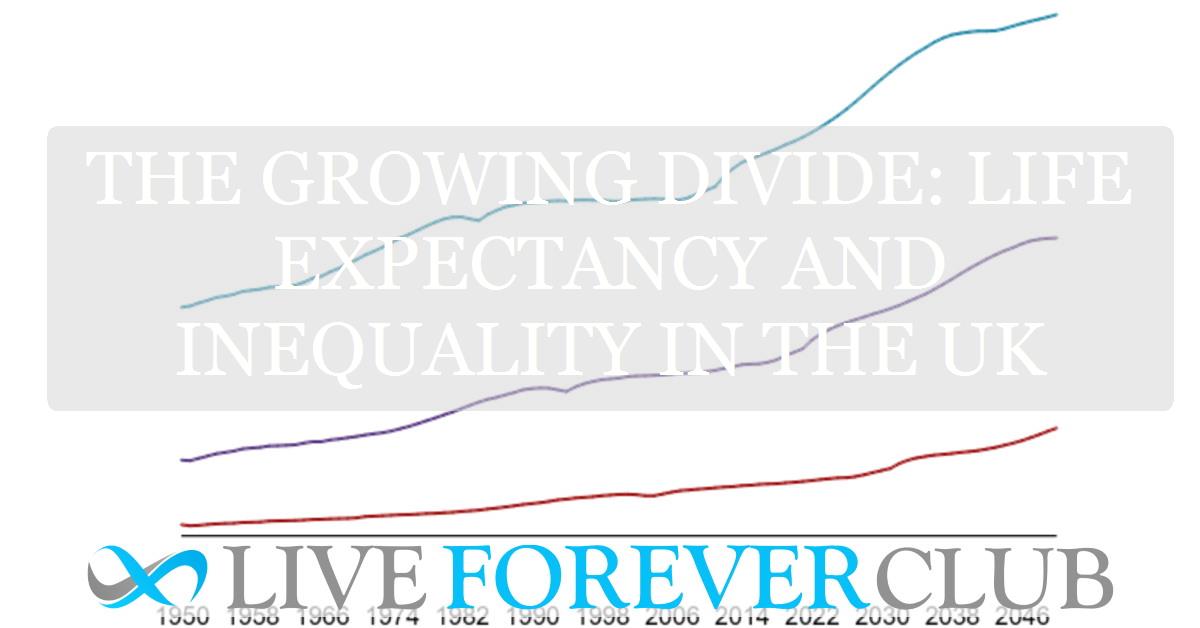Key points from article :
At an event marking the 50th anniversary of Bayes' Faculty of Actuarial Science and Insurance, Financial Times data journalist John Burn-Murdoch highlighted a troubling trend: life expectancy for the poorest Britons has been declining relative to their counterparts in other developed nations. Drawing on research, including work by Bayes' Professor Les Mayhew, he revealed how lifestyle diseases such as obesity, substance misuse, and related cancers disproportionately affect the UK's most deprived communities. While the wealthiest Britons enjoy life expectancies comparable to international peers, the gap between rich and poor has widened significantly over the past 30 years.
Burn-Murdoch noted that in the 1990s, the UK's poorest outperformed their counterparts in other rich countries in terms of life expectancy. However, since then, progress on reducing deaths from conditions like cardiovascular and liver diseases has stalled, and deaths from drug use, violence, and self-harm have surged. Unlike other developed countries, where even the poorest have gained additional years of life, the UK's poorest 5% have seen stagnation or decline in lifespan. This issue mirrors similar challenges in the US and Canada but contrasts sharply with positive trends in countries like Australia and New Zealand.
Although austerity measures introduced in 2010 have exacerbated the problem, Burn-Murdoch emphasized that the decline began earlier and reflects broader generational issues. He called for innovative public health strategies, particularly to address deaths from drugs and violence, suggesting a shift in focus from conventional healthcare measures to tackling systemic and supply-side factors, such as drug availability.
Despite the grim data, Burn-Murdoch pointed to emerging solutions, such as advancements in weight-loss medications and a decline in opioid deaths in the US, as evidence that targeted interventions can mitigate entrenched health crises. He urged policymakers to prioritize addressing health inequalities at the margins, advocating for an inclusive approach to ensure all Britons, regardless of socioeconomic status, have the opportunity for longer and healthier lives.






